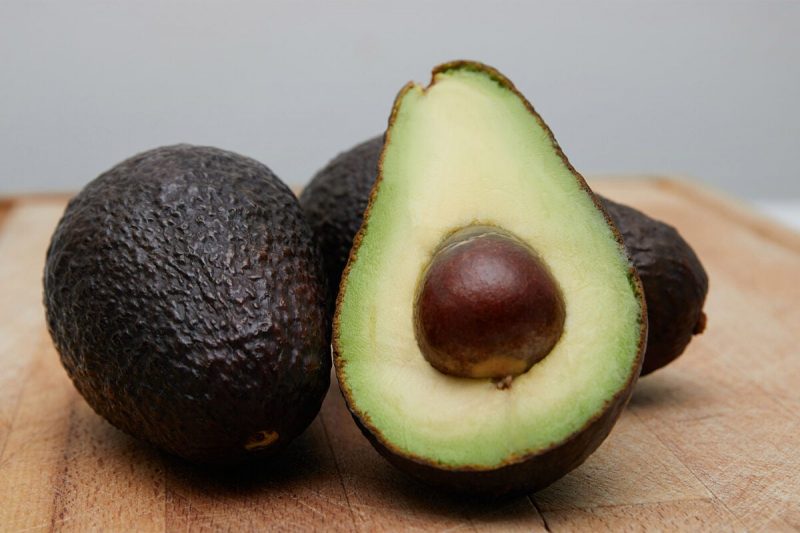Avocados, known for their creamy texture and unique flavor, have gained immense popularity in recent years. Not only are they a versatile fruit that can be incorporated into various dishes, but emerging research suggests that consuming just one avocado a week may significantly lower the risk of heart disease. In this article, we will explore the scientific evidence behind this claim and the potential mechanisms by which avocados can benefit cardiovascular health.
Avocados are packed with nutrients that are essential for a healthy diet. They are a rich source of monounsaturated fats, which are considered heart-healthy fats. These fats help to reduce low-density lipoprotein (LDL) cholesterol levels in the blood, often referred to as bad cholesterol. High levels of LDL cholesterol can contribute to the development of heart disease, making avocado consumption an attractive option for those at risk.
A study published in the Journal of the American Heart Association found that replacing saturated fats with monounsaturated fats, such as those found in avocados, led to a 10% decrease in the risk of heart disease. This suggests that incorporating avocados into your diet can have a protective effect on cardiovascular health.
Apart from their healthy fats, avocados also provide a good amount of dietary fiber, vitamins, and minerals. Fiber plays a crucial role in maintaining healthy cholesterol levels by binding to cholesterol and removing it from the body. Furthermore, avocados contain potassium, which helps to regulate blood pressure. High blood pressure is a major risk factor for heart disease, so consuming foods rich in potassium, like avocados, can make a significant difference in maintaining cardiovascular health.
Another unique component of avocados is their high content of antioxidants. These powerful compounds help to neutralize harmful free radicals in the body, thereby reducing inflammation and oxidative stress. Chronic inflammation and oxidative stress are known contributors to the development of heart disease, making the antioxidant properties of avocados particularly beneficial.
In addition to their direct effects on heart health, avocados may also positively influence other risk factors associated with cardiovascular disease. Some studies suggest that avocados can improve lipid profiles by increasing levels of high-density lipoprotein (HDL) cholesterol, often referred to as good cholesterol, and reducing triglyceride levels.
However, it is important to note that while avocados offer many health benefits, moderation is still key. Avocados are relatively high in calories, so excessive consumption could lead to weight gain, which is another risk factor for heart disease. It is best to incorporate avocados into a well-balanced diet, alongside a variety of other nutrient-rich foods.
In conclusion, the consumption of just one avocado a week may significantly lower the risk of heart disease. Their combination of heart-healthy monounsaturated fats, fiber, potassium, and antioxidants make them a valuable addition to a healthy diet. However, it is essential to remember that avocados should be consumed in moderation, as part of a well-rounded eating plan. So, the next time you enjoy the creamy goodness of an avocado, savor not only its taste but also the potential benefits it may have on your cardiovascular health.

